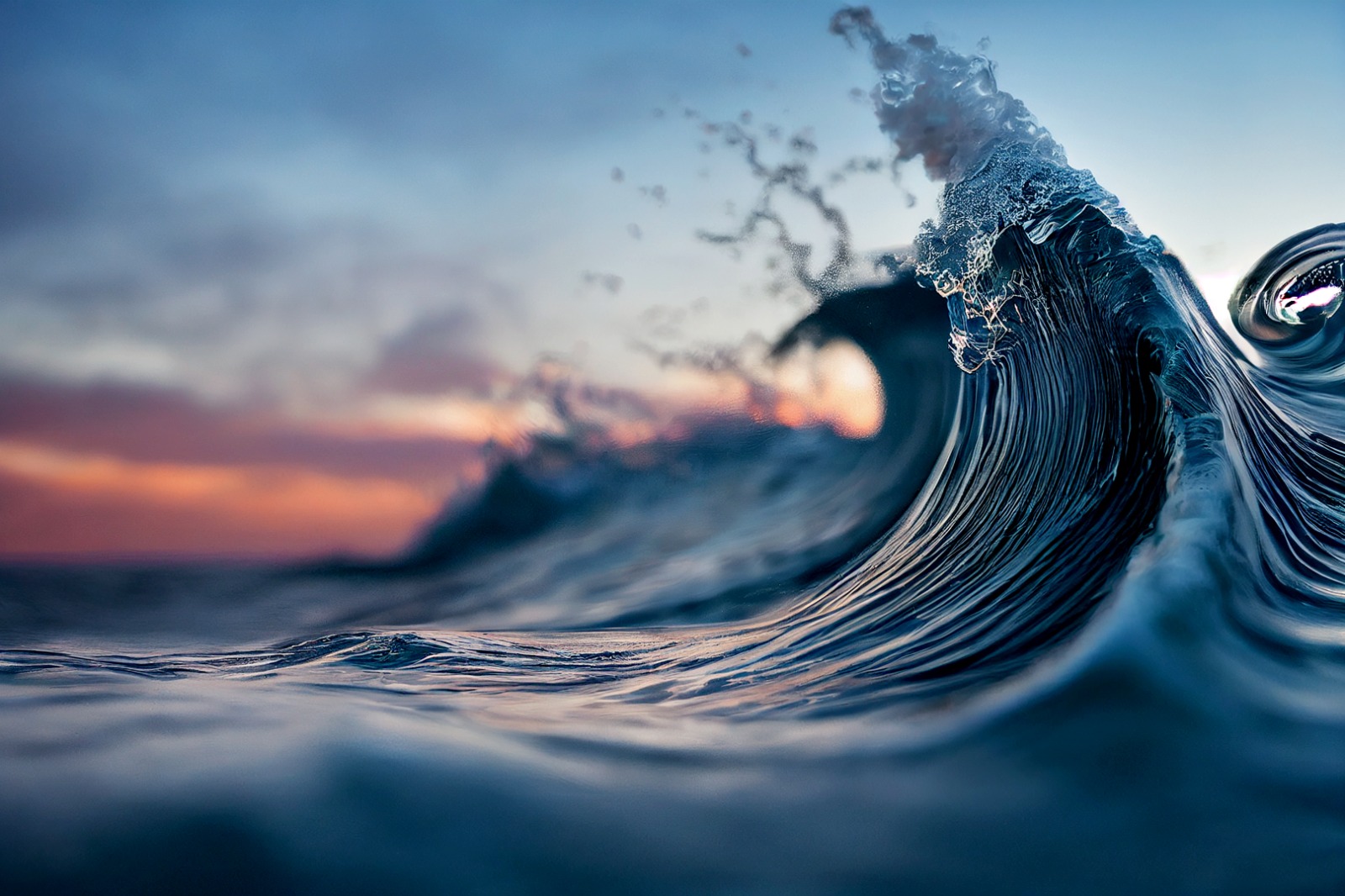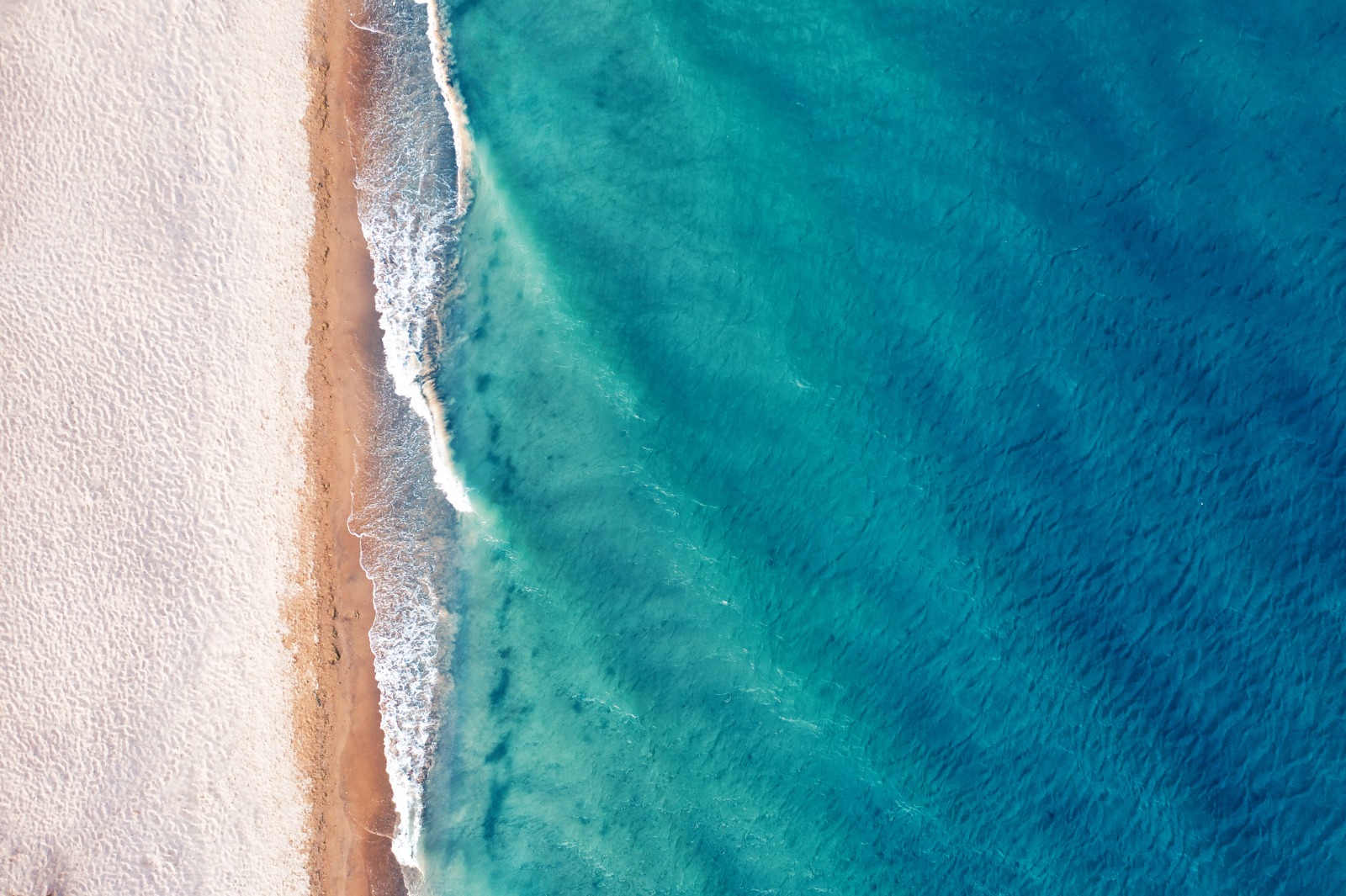Blue Economy: Oceans on the G20 agenda
Sustainable use of marine and coastal resources to promote economic growth was one of the main points discussed by experts at the first meeting of the Oceans 20 Engagement Group held in Rio de Janeiro.

The importance of the ocean for life on Earth is so great that it is impossible to think of it without the sea. Even so, the discussion about this ecosystem is recent among the world's leading economies. This resource covers more than two thirds of our planet's surface and holds important keys to combating global warming, preserving and restoring the earth's biodiversity, providing energy, food, logistics and natural resources, as well as ensuring economic growth and a fairer distribution of prosperity for the population.
With a huge challenge on their hands, hundreds of experts met at the G20 House in Rio de Janeiro on Monday (18) to discuss the panorama and point out solutions for a limited resource in crisis. With this panorama, the first meeting of the G20 Social Engagement Group took place about the oceans, the Oceans20 (O20). Participants from around the world discussed the central role of the ocean in environmental sustainability and the global economy, seeking to lay the foundations for the proposal that will influence G20 policies on the subject.
The aim of the Blue Economy is to ensure that human activities in the oceans are ecologically responsible, socially inclusive and economically viable in the long term. This involves environmental management practices, innovative technologies and collaboration between governments, companies and local communities.
During the meeting, the Blue Economy (Economia Azul) concept was presented, which refers to the sustainable use of marine and coastal resources to promote economic growth, without affecting the health of marine ecosystems.
Simone Pennafirme, a postdoctoral fellow in Marine Biology and UNESCO's representative for ocean sustainability, explained that the idea encompasses a wide range of sectors, such as sustainable fishing, coastal tourism, maritime transportation and ocean renewable energy. The aim of the Blue Economy is to ensure that human activities in the oceans are ecologically responsible, socially inclusive and economically viable in the long term. This involves environmental management practices, innovative technologies and collaboration between governments, companies and local communities.
G20 countries: they're all oceanic
Present at the opening ceremony and representing the Brazilian government was Gustavo Westmann, international advisor to the General Secretariat of the Presidency of the Republic. For him, the ocean agenda is one of the most important today, due to its impact and complexity. "Although the ocean occupies 70% of the Earth's surface, we know very little about it and this forum can help everyone understand it better," he said.
Westmann explained the role of the Social G20 for the Brazilian government: "the mission is to expand the base of social participation in the forum, which has historically been a fairly closed group. This process will certainly be a legacy of Brasil's presidency of the G20". He asked the participants to formulate consistent but concise and effective proposals to forward to the leaders of the member countries who will be at the Final Summit in November.
The G20 countries hold prominent and significant positions in all the main ocean-related businesses, such as maritime transportation, offshore energy generation, aquaculture, fishing, tourism, port services, shipyards, equipment and finance.
The presentations showed that all the G20 countries are coastal states and, not by chance, it was during Indonesia's presidency that the issue was first addressed in the group. India, which also has a huge coastline, incorporated the debate and now, in Brasil, the issue has been given an exclusive group. The G20 countries hold prominent and significant positions in all the main ocean-related businesses, such as maritime transportation, offshore energy generation, aquaculture, fishing, tourism, port services, shipyards, equipment and finance.
The oceans face challenges from the destruction of marine habitats to pollution and climate change. These problems affect not only marine ecosystems, but also have a direct impact on the global economy. During the meeting, representatives discussed the G20's commitments regarding the oceans, highlighting the need for protection and sustainable use of this resource.
The G20 executive representative of the Ministry of the Environment and Climate Change, André Aquino, attended the opening on behalf of Minister Marina Silva. With the largest share of global GDP and greenhouse gas emissions and half of the world's coastlines, any ocean-related progress by the G20 countries has positive implications for the global community as a whole. For Aquino, the O20 will be the platform to promote international cooperation towards a sustainable and equitable ocean economy.
The event marked the beginning of a series of group meetings that will take place during Brasil's presidency of the G20, focusing on questions such as financing for a Blue Economy (Economia Azul), marine management and conservation.
The ocean agenda is one of the four pillars of the Climate and Environmental Sustainability Working Group, coordinated by the Brazilian Ministry of the Environment, and permeates other official G20 working groups, given the cross-cutting characteristic of the theme. is coordinated by UNESCO Chair for Ocean Sustainability at the University of São Paulo, in collaboration with World Economic Forum, the UN Global Compact - Brasil Network and Ocean Stewardship Coalition -, the Brazilian Biodiversity Fund (FUNBIO) and National Institute for Ocean Research (INPO).
